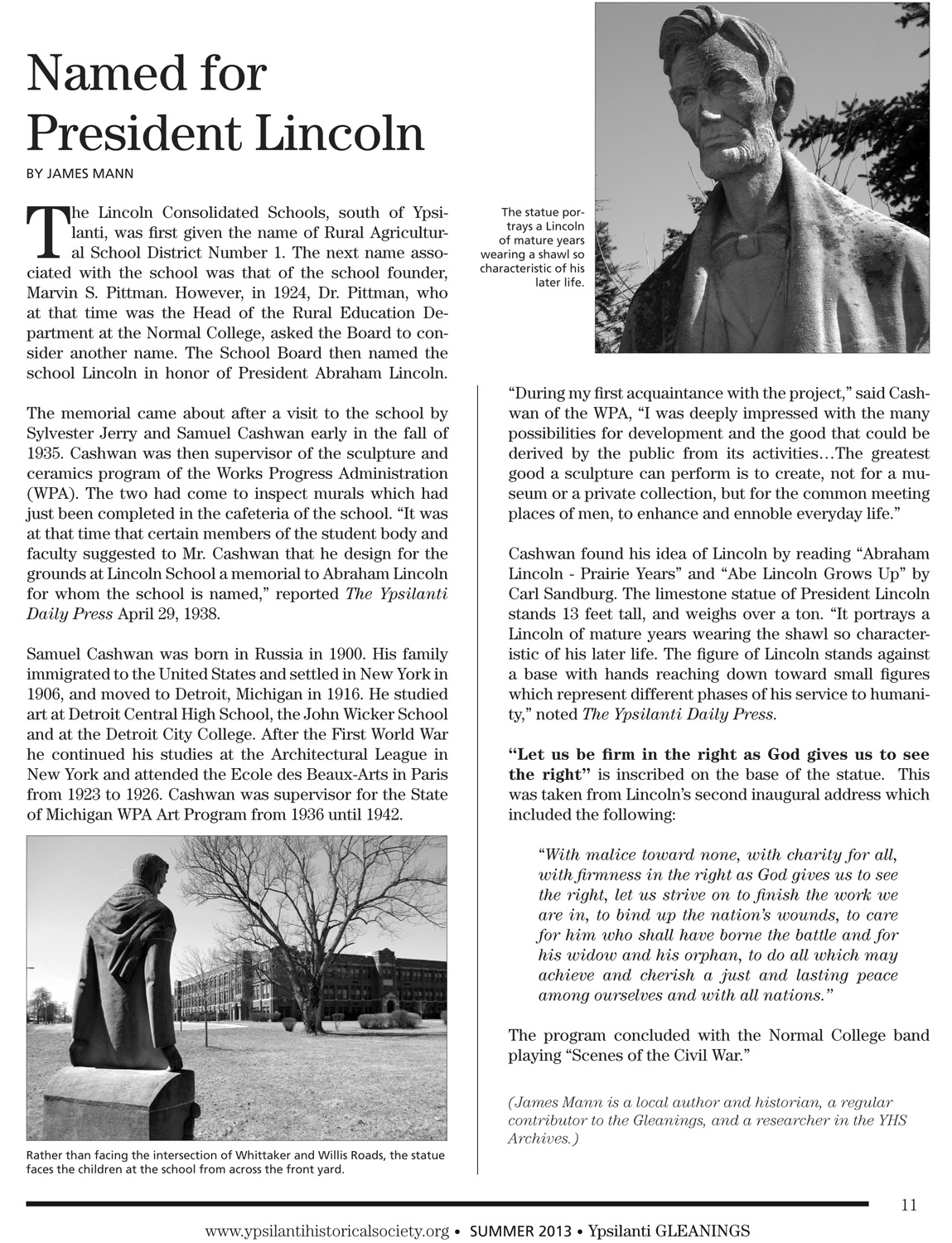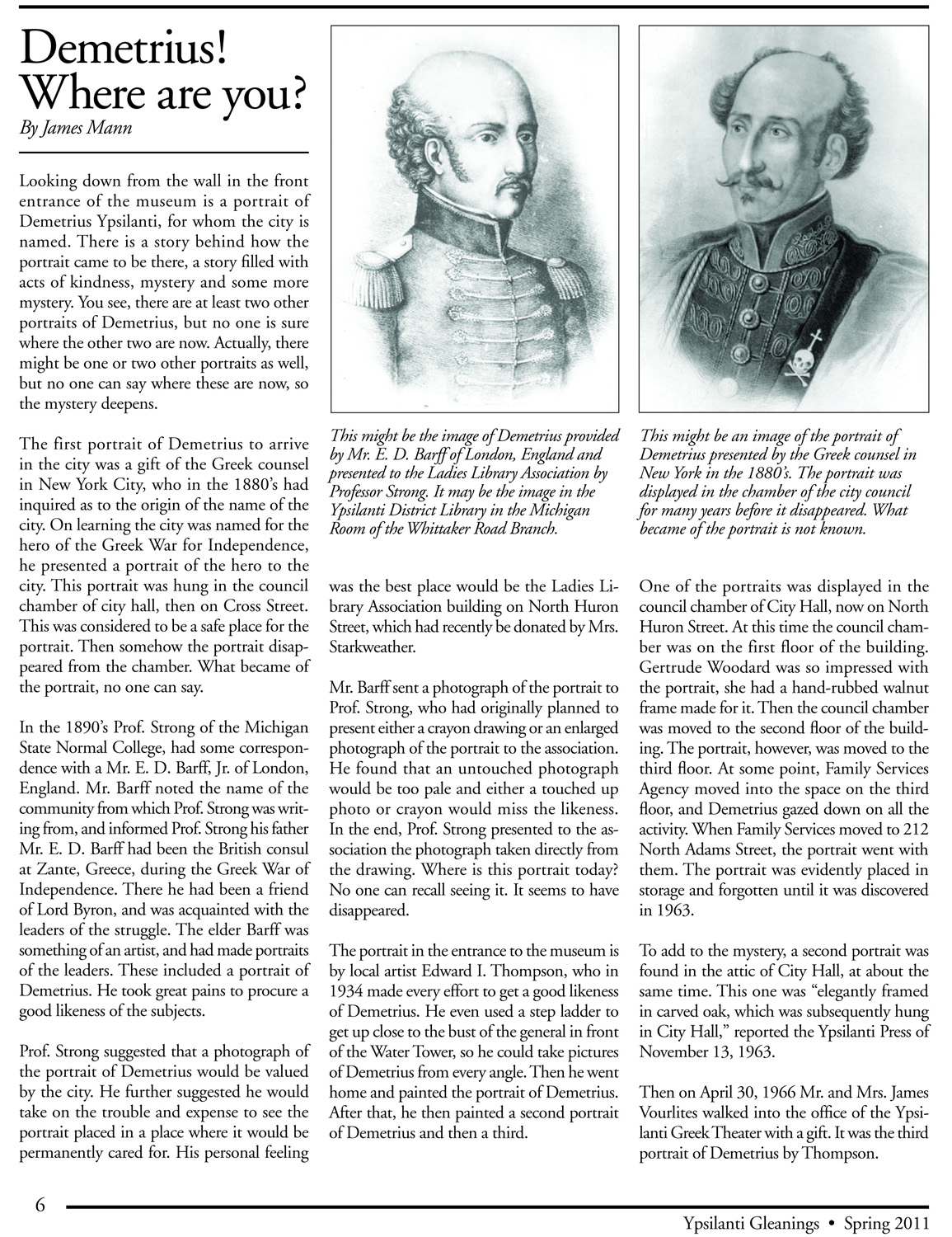Library Board, Too, Attracts a Crowded Field
The library board, too, attracts a crowded field
But good will, not conflict, is the draw
"I love the library. I want to give something back because I use their services," says Ruth Winter, explaining why she's running for the Ann Arbor District Library board. The other seven candidates, who are vying for three seats at the June 8 election, echo these sentiments.
This will be the second election in the district library's history. Two years ago eleven people ran for seven seats. Those with the most votes (Carol Hollenshead, Robert Potts, Ed Surovell, and Gene Wilson) won four-year terms, while the next three (Don Axon, Richard Dougherty, and Sandra White) were given two-year terms, which are now expiring. In the future, all terms will be for four years, but staggered so that every two years either three or four seats will be up for election.
Dougherty and White are seeking reelection, but Axon has decided to step down. A week before the filing deadline, no one had filed to fill Axon's seat, but after a notice appeared in the Ann Arbor News, six people stepped forward. The candidates seem motivated more by a desire to be of service to the library than to radically change it. None of them disagree with the library's strategic plan (which includes new branches, increased technology, greater outreach), though some have suggestions for fine-tuning or adding to it.
Two years ago there was an undercurrent of tension between computers and books, although all of the candidates came out saying that both had their place in a modern library. This year the existence of technology is taken for granted; the concern, if there is any, is for more equal access.
Incumbent Richard Dougherty, the former head of the U-M libraries, is currently vice-president of the library board. "The first two years, so much positive has happened," he says, explaining why he's running for a second term. "It was a difficult process separating from the schools, [but] the board came together." Dougherty particularly wants to stay to see the successful conclusion of union negotiations.
Henry Edward Hardy, computer consultant and former grad student in the U-M School of Information, says he's running because "I am active and concerned with issues of censorship." Although he hasn't seen any indication that the library is on what he considers the wrong side of this issue, he's worried about some of the signs he sees in the community, such as complaints about CTN coverage of Safety Girl and the U-M's naked mile. He'd like to expand Internet access and create patron E-mail "so we don't create an information underclass."
Warren J. Hecht, assistant director ofU-M's Residential College, says he would bring perspectives as an administrator, writer, and editor to the board. He says. "The library of the future will be computer- and digital-oriented, [but that] will never replace curling up with a good book."
Sigurd A. Nelson II, an engineering consultant, says he supports the library's goals but has specific suggestions on their implementation—in particular, he wants the replacement for the Loving Branch to serve as a pedestrian anchor for the neighborhood in the same way the branch does now. He's also interested in making sure that every user has equal access to the Internet: "I worried that those who need it most, won't get it."
Marlene Ross, recently retired after thirty-five years as a mental health professional, would bring her administrative background to the board. She is particularly interested in augmenting the "Babies are Born to Read" program, which encourages new mothers to read to their children.
Incumbent Sandra White is secretary of the library board. An administrator in the state WIC program. White is running again because she's excited about what has already been accomplished. She notes, "I can look back and see what worked."
Charles Wilbur, state director for Senator Carl Levin, earned a degree in library science and worked in a school media center before going into politics. A member of the Michigan Technology Commission, he says he's running because he's intrigued by the process the library is going through "to transform themselves with technology and [still] preserve their traditional function." He, too, is concerned with providing "universal access to the information age."
Ruth R. Winter, an anesthesiologist who works two days a week at Jackson's Foote Hospital, says that as the only candidate with elementary school-age children, she would bring that perspective to the board. Winter is impressed with the high regard people hold for the library. "When I circulated my petition in the neighborhood, people were skeptical," she says. "But when they heard it was for the library, the doors were wide open."



